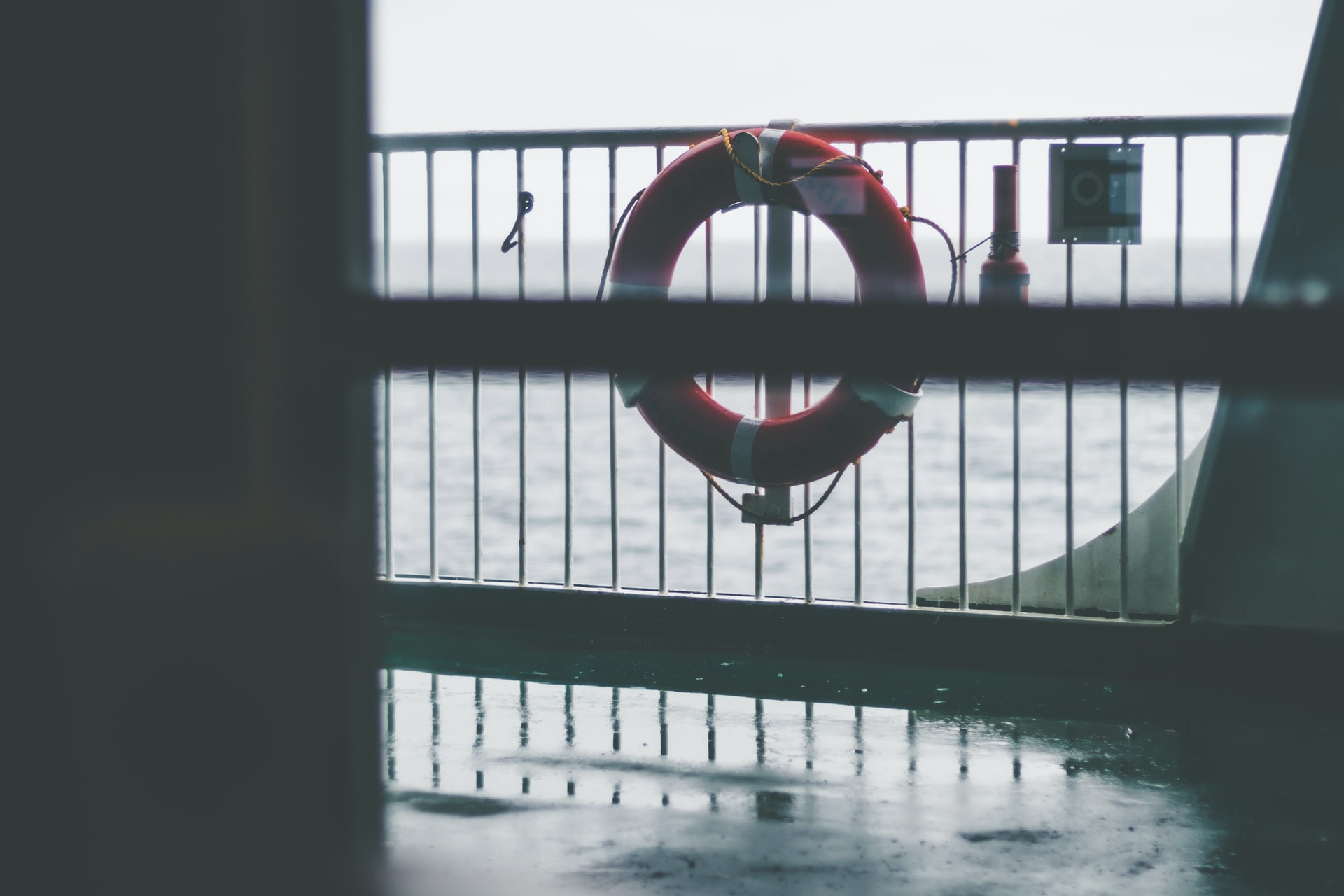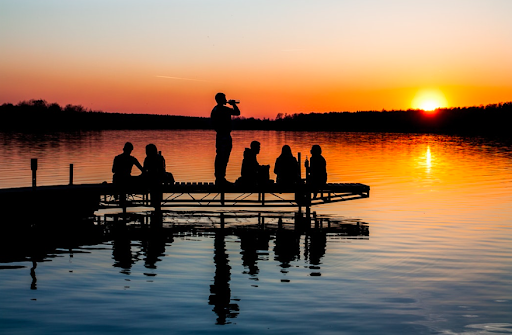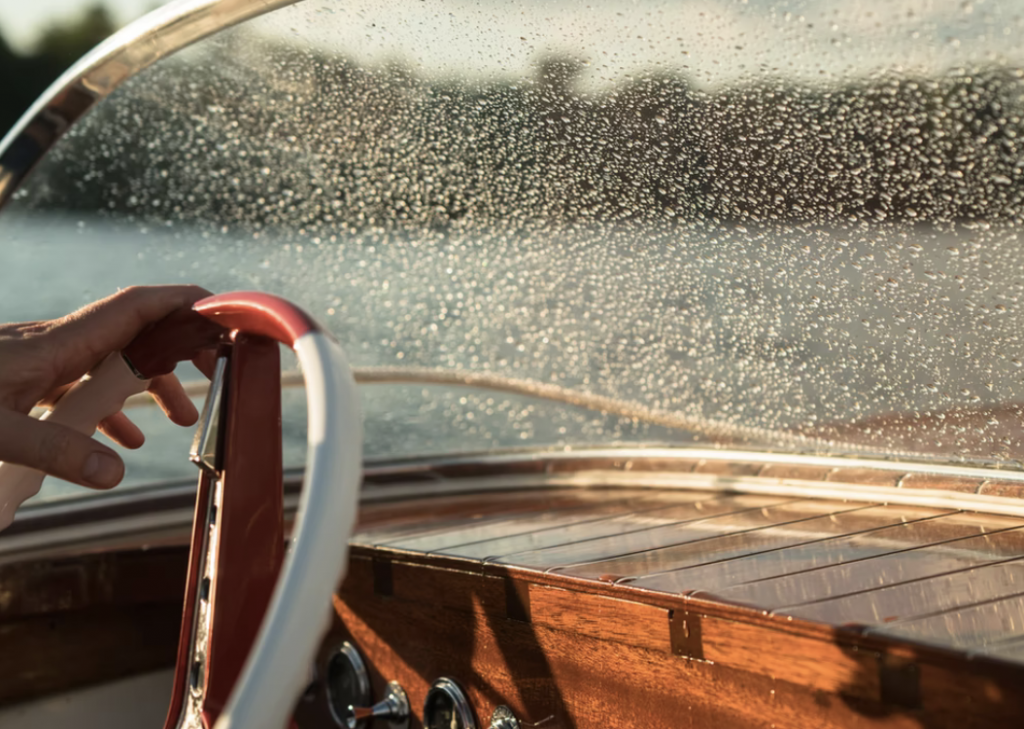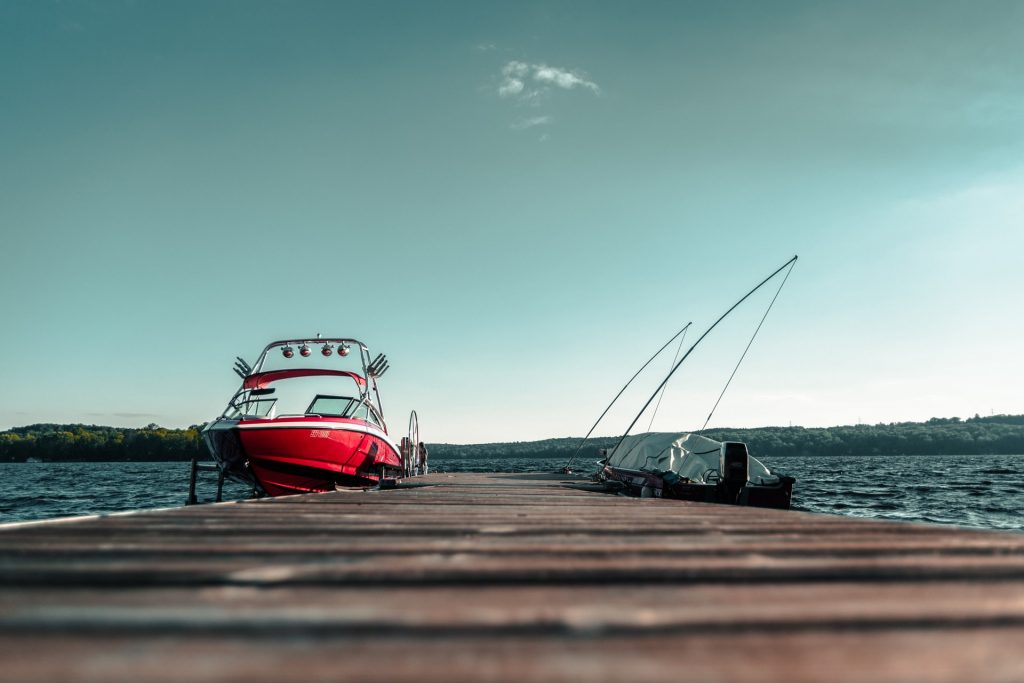Boating Safety Tips for Safe Family Fun on the water

No matter how much experience you have, it’s always a good idea for everyone to review boating safety rules before departures. We published an article awhile back about why alcohol and boating should never mix – and the subsequent rules, risks and penalties that come with it. While many Canadians adhere to these regulations, many take boating for granted and are completely unaware of the significant dangers that can lie ahead if you don’t grasp the magnitude that boating on open waters can present.
With the last long weekend of the summer coming up, it’s wise to familiarize yourself with these basic, but otherwise necessary boating tips before ever stepping foot on a boat.
1. Be Weather-wise
Always check local weather conditions before departure – TV and radio forecasts can be a good source of information. If you notice darkening clouds and rough changing winds, or sudden drops in temperature – make sure you play it safe by getting off the water quickly.
2. Follow a Pre-Departure Checklist
Proper boating safety means being prepared for any possibility on the water. From compliance with fire safety regulations to tips for fueling up, following a pre-departure checklist is the best way to make sure no boating safety rules or precautions have been forgotten.
3. Use Common Sense
One of the most important parts of boating safety is to know the rules and to use your common sense. This means operating at a safe speed at all times, especially in crowded areas. Be alert at all times, and steer clear of large vessels and watercraft that can be restricted in their ability to stop or turn.
4. Designate an Assistant Skipper
Make sure more than only one person on board is familiar with all aspects of your boat’s handling, operations, and other boating safety tips. If the primary navigator is injured or incapacitated in any way, it’s important to make sure someone else can follow the proper boating safety rules to get everyone else back to shore.
5. Be confident in your Swimming Abilities
If you’re going to be in and around the water, proper boating safety means knowing how to swim. Local organizations such as the Canadian Red Cross and others offer training for all ages and abilities.
6. Make Proper Use of Lifejackets
Did you know that the majority of drowning victims resulting from boating accidents were found not to be wearing a lifejacket? Make sure that your family and friends aren’t part of this statistic by assigning and fitting each member of your onboard team with a lifejacket-prior to departure.
Boating accidents are governed by marine law, which means you need a lawyer that understands the complexities of this law. The lawyers at Harris Law have years of experience with boating accident cases and will work to get you the maximum benefits and compensation.













